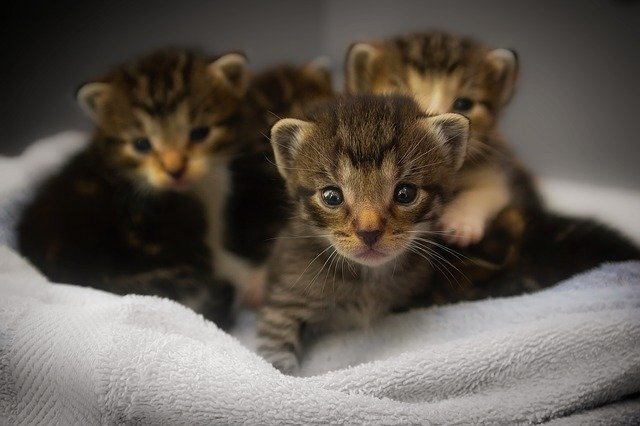I’ve had a bee in my bonnet about the phrase ‘Soft Skills’ for as long as I can remember. I can recall thinking, and indeed being told, that ‘Soft Skills’ are super important and I needed to master them if I was going to succeed in life. Oddly very little emphasis was put on ‘Hard Skills’.
I’m pleased to report that I still have no clue as to what succeeding in life looks like (leave a note here if you know). In addition, I recently realised that despite me hating the phrase ‘Soft Skills’, I’d not taken the time to work out why I hated it. This is what I set out to do here. Hopefully, I will also make you think twice about using the phrase in the process. The same goes for ‘Hard Skills’ but that stirs up less irritation for most.
First up, hard and soft are used as adjectives in this context. Hard conjures up notions of challenging or effort.
Soft conjures up notions of agreeable and smooth. Quite a contrasting picture!
In order to understand why we should stop calling them ‘soft skills’, first, we need to know what they are. If you’d have asked me 20 years ago for examples of ‘soft skills’, I would have reeled off a list like:
-
Communication, Empathy, Respect, Integrity, and Authenticity (to name but a few)
When I started to really think about this, I came to the conclusion that I didn’t really know what a ‘soft skill’ was. Like all self-respecting human beings who are seeking information in the information cesspool of the digital age, I turned to trusty Wikipedia (that never lies, right)?
Image by Gidon Pico from Pixabay
Apparently, Soft Skills are:
…a combination of people skills, social skills, communication skills, character or personality traits, attitudes, career attributes, social intelligence and emotional intelligence quotients, among others, that enable people to navigate their environment, work well with others, perform well, and achieve their goals with complementing hard skills.
Hard Skills, for completeness, are:
… also called technical skills, are any skills relating to a specific task or situation. It involves both understanding and proficiency in such specific activity that involves methods, processes, procedures, or techniques.
I read these definitions multiple times before I realised what irked me. The definitions imply that ‘soft skills’ are easy and somehow less relevant, and indeed less valued, than ‘hard skills’.
Furthermore, the ‘soft skills’ all are behaviours and there is nothing soft about them! They’re HARD!
So with that in mind, what if we call them what they are?
What if we stopped calling them ‘soft skills’ and ‘hard skills’ and started called them behaviours and tools instead?
Note: Please don’t call them “technical” tools, that’s just another categorisation that excludes people.
When we take down the barriers and division of skills and call them what they really are we can assign appropriate value and weight to them.
What would you value more? Someone’s behaviours that overlay every single interaction they have? Or someone’s skills at using a machine, something that can be relatively easily taught. Which one of those things sounds hard?
I could go further too and argue that behaviours are needed when learning tools.
These behaviours:
-
Can’t be as easily taught (but they can be taught)
-
Are not deterministic (A + B may or may not always equal C)
-
Are hard to quantify (metrics to measure many of them don’t exist)
-
Are hard to qualify (they appear defined by what hard skills are not)
-
Modifying behaviours for a human being is hard (well I find it so anyhow)
Behaviours take time, passion and practise to master!
So please, stop underselling and undervaluing them, and start investing in them!
If you are interested in learning more about where the notion of Hard and Soft Skills came from, I encourage you can read the US Army Report from 1972 here https://apps.dtic.mil/dtic/tr/fulltext/u2/a099612.pdf.




